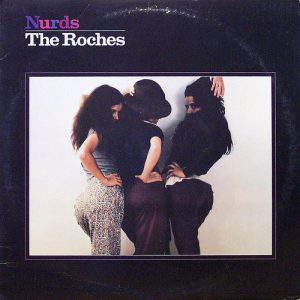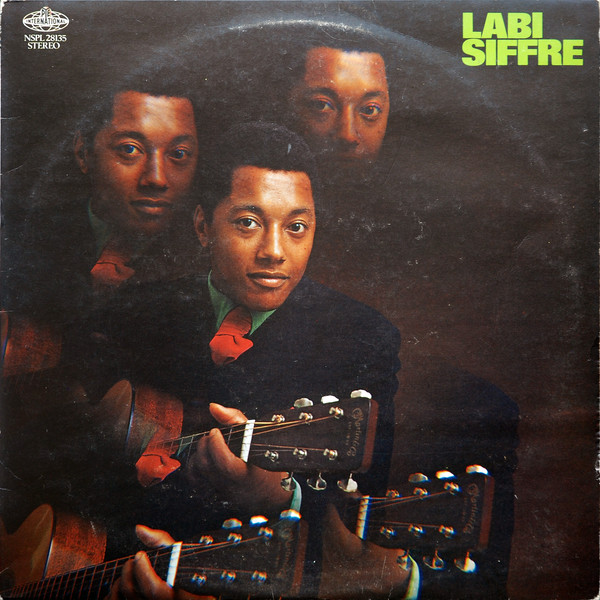Much has been said of blood harmony, that blend of voices bound by blood relation, and plenty of groups have made a name on it. Many such groups have also been associated with internal tension and sibling rivalry — the Louvins, the Davies, the Gallaghers. The Roches are about as distant from that point as you can get. If the name didn’t give it away, the music would: beyond the blood harmonies, the Roches simply sound like sisters. Every aspect of their performance feels as though you’re listening to them communicate in the bespoke imaginary language of their childhood. They joke to make each other laugh. They signal each other through indiscernible ad-libs. The sound of blood is one thing, but no other sibling group I know of has tapped into the very sound of the familial bond.
Their sophomore release places this bond front and center. Freed from the expectations of their debut’s collaboration with King Crimson mastermind Robert Fripp (many reviews of the era cite him before even mentioning the sisters), there is no filter here for the sisterly language. This isn’t to say that the Roches didn’t take musical risks with their debut, which features such absurdities as a self-introductory jingle and a tin pan alley plea for a minimum wage job. Nurds, however, is uninhibited not just lyrically but musically. Instead of their obvious vocal chemistry, Nurds sets their harmonic choices as the centerpiece. There are so many weird and wonderful intervals being tossed out, and applied in all sorts of satisfying ways: tight chords, broad sweeps, hocketed vocal games, erratic key changes, intense dissonances. And no matter the context, they’re giving it their absolute all.
Everything about this record is smart, bold, and absurdly fun (and you can tell it felt that way recording it). The instrumentals are loose and the vocals are crisp. They just out and do a barbershop arrangement of a Cole Porter song, and it’s splendid. Lyrically, the self-analyses are relentless, the character studies as insightful as they are oblique (“You are a fifty pound bag of soybeans” being my favorite turn of phrase here). Both those elements combine in what may be the crowning achievement of 1980: “The Death of Suzzy Roche” is a murder fantasy told from the perspective of a laundromat employee who hates the eldest Roche’s guts and wants her dead. There was no question the Roche’s sophomore effort was gonna be goofy, but the lengths they take it to need to be heard to be believed. I mean, hell, they named it Nurds.

